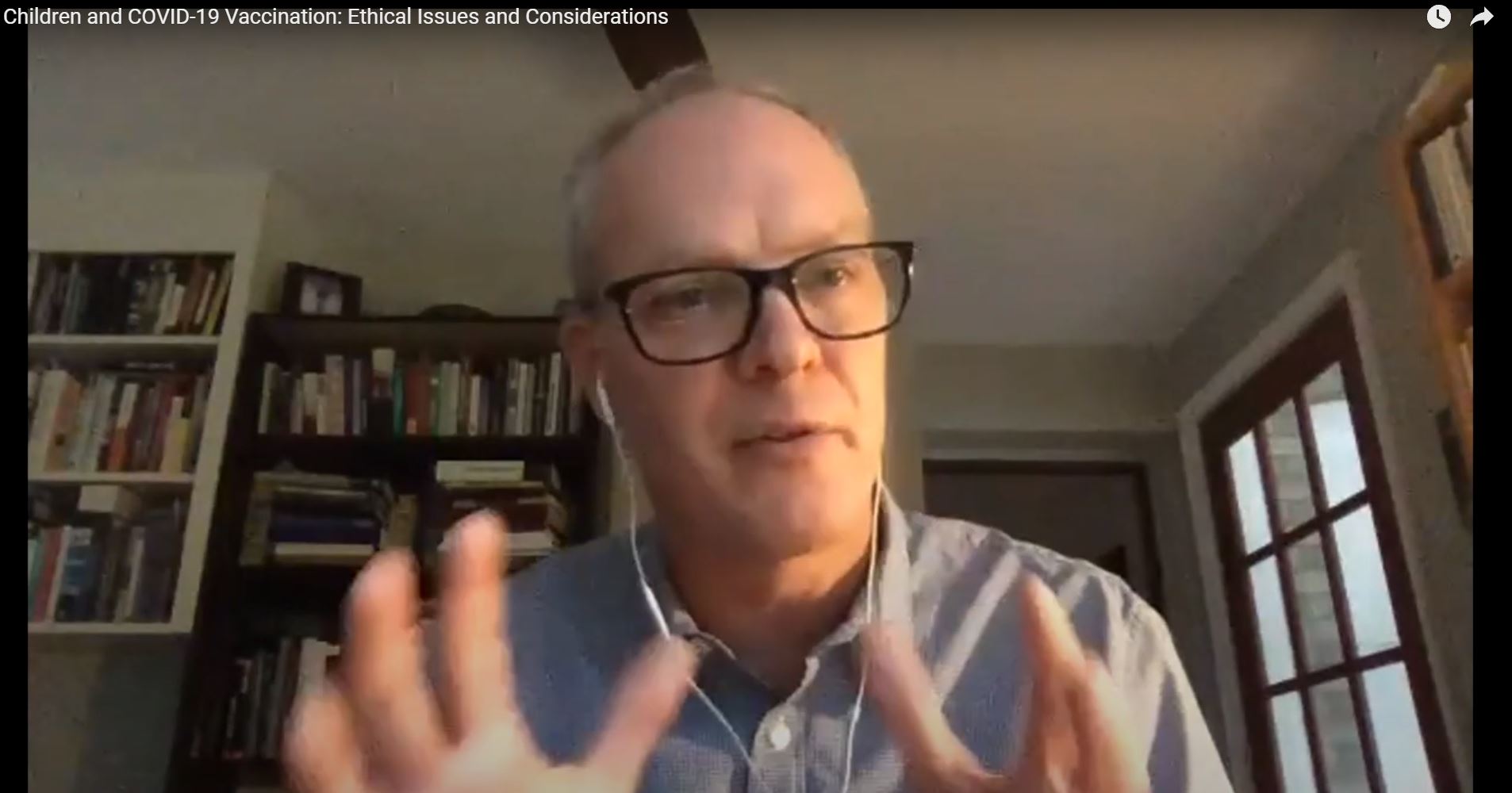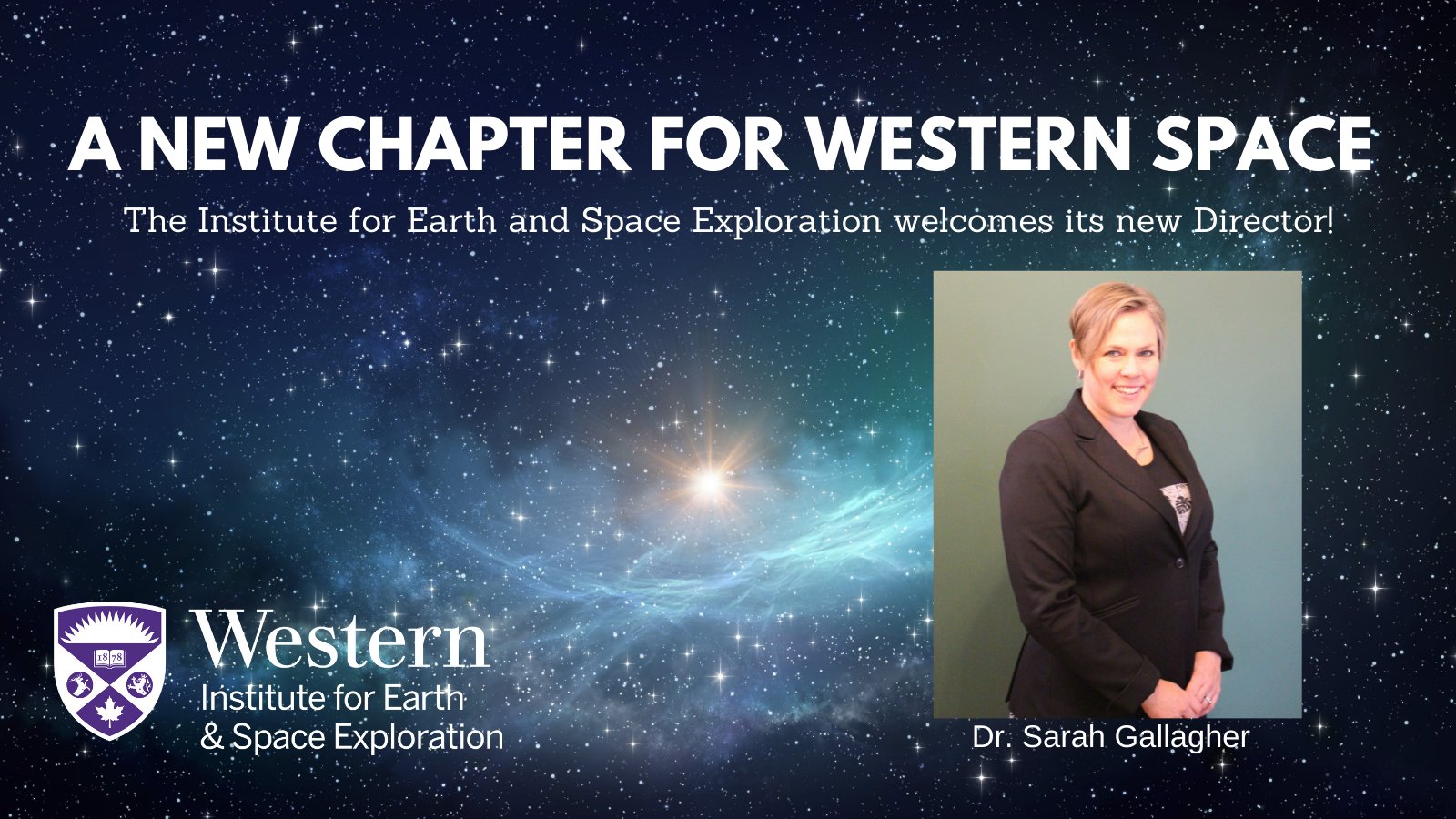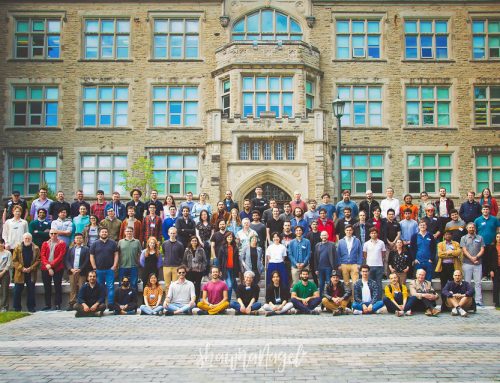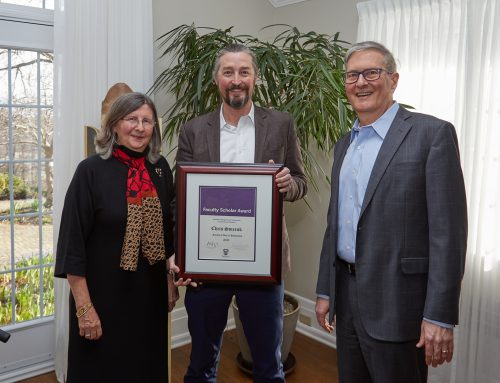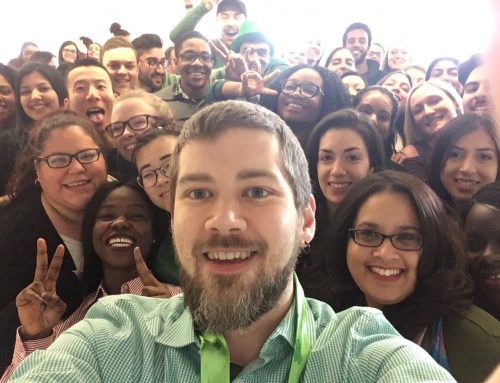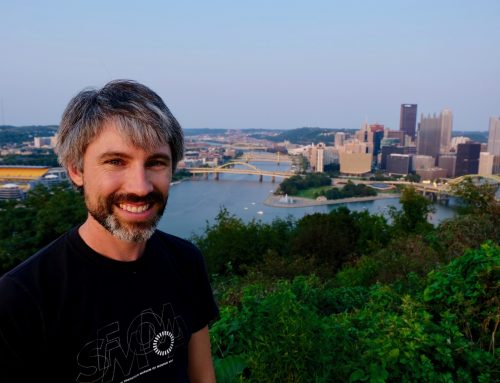Many of our members have returned to campus this fall as in-person classes have resumed, and we are very excited to be joined by several new graduate students & postdocs. Please join us in extending a warm welcome to the following people:
- New Graduate Student Members: Pepijn Al, Yi-Hsuan Kao, Kardelen Kucuk, Amy MacKinnon, Todd Nagel, Jevonne Peters, and Sameera Singh.
- New Postdoctoral Fellows: Emily Adlam has already joined us in London, and we also look forward to welcoming Sarah Arnaud, Michael Barnes, Mahi Hardalupas & Jacob Neal. (More profiles coming soon!)
Two of our former postdocs have moved onto new positions! Ed Baggs is now an Assistant Professor in the Department of Language and Communication at the Danish Institute for Advanced Study, and Rebecca Livernois is a Centre for Ethics Visiting Postdoctoral Fellow at the University of Toronto. We wish them both the very best in their new appointments!
We also have wonderful news to share from faculty member Sarah Gallagher, who has been appointed the new director of Western’s Institute for Earth and Space Exploration, effective this November. Please join us in congratulating her & wishing her well in this new position!
All other news from our members is listed below alphabetically.
Michael Barnes’s chapter “Positive Propaganda and the Pragmatics of Protest” was published in the book titled “The Movement for Black Lives: Philosophical Perspectives”. The book uses a diverse range of philosophical methods and approaches to understand one of the most important social justice movements of the last half century. It will be available for purchase on September 24th, 2021.
Michael Barnes, Bartek Chomanski and Mahi Hardalupas were featured in a Western News article titled “Philosophers focus on AI ethics”. The article explains how the team’s goal is to help students better understand assumptions that underlie the use of AI and the ethical conflicts posed by its use.
Bipasha Baruah was featured in the Pembina Institute blog discussing climate change and inclusion in “Canada’s climate leaders say no one must be left behind in the energy transition”.
Ben Chin-Yee was interviewed by Schulich School of Medicine & Dentistry News in a feature titled, “Feature: Human versus machine: Investigating the impact of AI technologies on compassionate care”. Ben explained that his research will explore the impact of new genomic AI technology on the patient-physician relationship, as well as investigate potential implicit biases associated with the use of genomics and AI.
From now until early November, we’re very excited to welcome back Niels Linneman, who’s here to collaborate with Chris Smeenk on ongoing work from the New Directions in Philosophy of Cosmology grant project.
Jevi Peter’s code-poetry piece, “Initialise”, was accepted into this summer’s online edition of Penumbra, and selected as the editor’s runner up. “Initialise” is part of the project “SENTIENT”, an art chapter of Jevi’s research on hypervolition. “SENTIENT” is a series of code-poetry works that considers the imagined sentience of artificial intelligence, and speculates on the consequences of its self-awareness, within the context of hypervolition. The entire collection of poems will be released in 2022.
In August, Vicente Raja gave a talk titled, “Moving the Green: Plant Behavior in a Human World” in Estonia for the Biotoopia 2021 Conference. The talk focused on the complexity of plant movement and plants as minded beings. A video of the conference will be available later in the year. Vicente also published “The Markov Blanket Trick: On the Scope of the Free Energy Principle and Active Inference” in the Physics of Life Reviews journal, co-authored by Michael Anderson, Ed Baggs, Dinesh Valluri, and Tony Chemero.
Three of our graduate students participated in the Psychedelics Research Workshop, presented by BrainsCAN, the Department of Psychiatry, and the Robarts Research Institute on September 29th. Jaipreet Mattu presented “Philosophical Issues in Psychedelic Research: A Review of Some Emerging Themes”; Madhavi Mohan presented “The phenomenology of ego-dissolution and the Buddhist doctrine of ‘non-self’”; and Sid Rankudawa presented “Looking for ‘Higher Consciousness’: The Effects of Psilocybin on Top-Down Visual Illusions”. The goal of this workshop was to establish a community of psychedelics researchers by providing an opportunity for clinician-teachers, clinician-scientists, and researchers to connect with one another and share their work.
Anthony Skelton published “Should we delay covid-19 vaccination in children?” with Lisa Forsberg in the British Medical Journal. Anthony and Lisa argue that children should not be disadvantaged because of policy choices. Anthony and Lisa also published in “Ethics in the News” alongside Isra Black, a blogpost titled “We Should Vaccinate Children in High-income Countries Against COVID-19, Too”. The blogpost describes how richer countries use two main arguments to not provide vaccinations to children. Lastly, Anthony delivered a presentation, “Children and COVID-19 Vaccination: Ethical impacts and considerations” on 13 September for the Epidemic Ethics Seminar. The presentation focused on the ethical considerations and issues associated with vaccinating children against COVID-19, whether it should be mandated in schools and much more. The video for the presentation is currently available on the Epidemic Ethics’ webpage.
Pictured above: The Space Institute officially announces Sarah Gallagher’s appointment as their new director; Anthony Skelton gives a talk about COVID vaccination in children.

